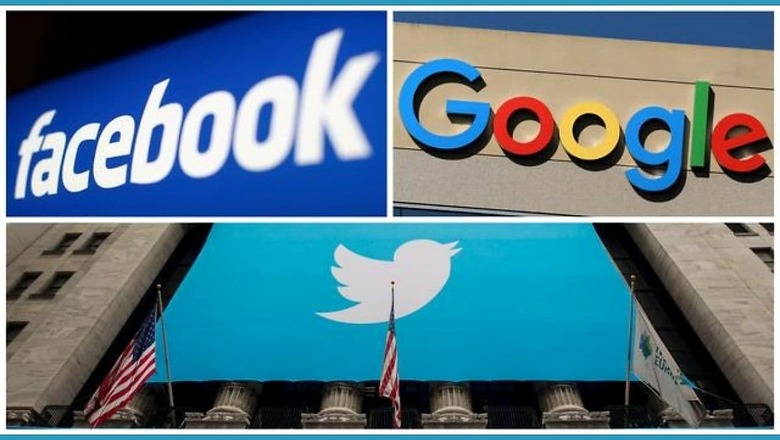
views
With about four billion active users, of whom 376 million were added in the last year, social media penetration is expanding at a phenomenal rate. With more than half the world’s population spending an average of two and a half hours on social media, its importance is undeniable. However, as the use of social media enlarges, the duality of its nature is also clearly visible.
Social media is a tool for enhancing communication and bringing people closer together but is equally used to promote divisiveness in society, creating cleavages based on ideology, religion, and colour. Where governments use social media to promote welfare schemes among the citizens, others use it to sow doubts on the integrity of government institutions and even the electoral process.
In 2011, social media played a crucial role in the pro-democracy Arab Spring movement that resulted in the overthrow of authoritarian leaders in Tunisia, Egypt, Yemen, and Libya. A study done by the Dubai School of Government titled the Arab Social Media concluded that the, “growth of social media in the region and the shift in usage trends have played a critical role in mobilization, empowerment, shaping opinions, and influencing change.”
Three years after the Arab Spring, 1,500 Islamic State terrorists stormed across northern Iraq, announcing their campaign on Twitter with #AllEyesOnISIS. As the hashtag became viral, it sapped the morale of the 25,000 soldiers of the Mosul garrison who fled, along with half a million civilians. Mosul fell, and Islamic State came in possession of tons of military equipment, including 2300 Humvee vehicles and six Black Hawk helicopters. The Islamic State created a caliphate that was the worst example of authoritarian rule.
Social media and the practice of disinformation have a lot in common. Thomas Rid, in his book Active Measures: The History of Disinformation and Political Warfare, writes, “The goal of disinformation is to engineer division by putting emotion over analysis, division over unity, conflict over consensus, the particular over the universal.” Social media architecture is also designed to keep you hooked to their platforms through the exploitation of emotions. A 2013 study from Beihang University in Beijing found that anger is the emotion that spreads the most easily over social media.
Social media is the space of information disorder in which misinformation, disinformation, and fake news abound. The power of the information disorder is used by everyone, from politicians to intelligence agencies, militaries, businesses, radical groups, terrorists, and self-proclaimed nationalists. Today, no strategy — political, military, commercial, or diplomatic — can be crafted without taking the impact of social media into consideration. While this is important, one inadvertent effect of over-reliance on social media has been a weakening of strategic thinking, particularly in matters of national security.
A hostile information campaign going viral on social media can sow doubts in the minds of the strategic leadership and delay or even paralyse action. In late February 2014, thousands of armed Russian soldiers began streaming into Crimea to support pro-Russian protests that had been triggered and sustained by social media activism. Russia initially denied its involvement, and the soldiers, without any identifying insignia, came to be known as “little green men.”
The “little green men” occupied and blockaded the Parliament, the Simferopol International Airport, and most military bases in Crimea,even as Russia refused to acknowledge its participation in the conflict. NATO went on high alert, but the mass of disinformation left it confused and unable to act. Twenty days after the first Russian soldiers crossed the border, the Crimean Parliament declared independence from Ukraine and subsequently became a federal subject of Russia.
On the one hand, social media campaigns paralyse action; on the other hand, it can lead to hurried and poorly thought out steps. Any incident involving national security generates social media outrage and puts enormous pressure on the political leadership. In his book The World Order, Henry Kissinger puts this succinctly, “Events whose effects once would have taken months to unfold ricochet globally within seconds. Policymakers are expected to have formulated a position within several hours and to interject it into the course of events—where its effects will be broadcast globally by the same instantaneous networks. The temptation to cater to the demands of the digitally reflected multitude may override the judgment required to chart a complex course in harmony with long-term purposes”.
This pressure to take instant action is equally damaging to strategic thinking as it is based on satisfying public sentiment rather than on a reasoned debate within the security establishment. Once visible action is taken to satiate the public opinion, victory is declared, and political success is assured. It is no surprise that the 2016 Oxford Dictionary word of the year was ‘post-truth’, which is defined as “Relating to or denoting circumstances in which objective facts are less influential in shaping public opinion than appeals to emotion and personal belief.”
The information disorder makes it easy to exaggerate strengths and gloss over the weaknesses. The arrival of five Rafales, the Rohtang tunnel that opened 20 years after it was first announced, the test-firing of missiles is all hailed as national security game-changers on social media. There is no doubting the importance of these steps for security enhancement, but the hysteria generated often prevents an honest stocktaking of existing shortfalls. Mass consensus on Twitter and Facebook is not a substitute for military capability.
Can the challenges that social media poses to strategic thinking be mitigated? The only way to combating information disorder is through the strengthening of institutions concerned with national security planning.
The military, diplomatic corps, intelligence agencies, police, etc. must be empowered to give objective security advice based on facts and with an eye on the future, unswayed by public sentiment or ideology. The real test will be whether the leadership of these institutions can develop the fortitude to walk the lonely path in an age where the number of Twitter followers defines the merit of a person.
Read all the Latest News and Breaking News here













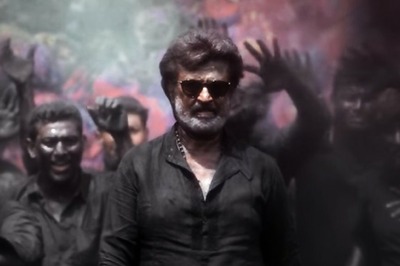

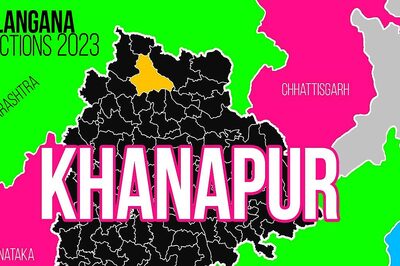
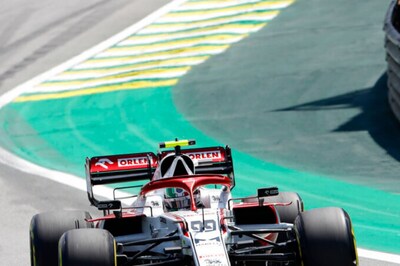
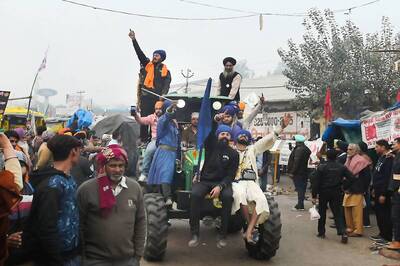


Comments
0 comment